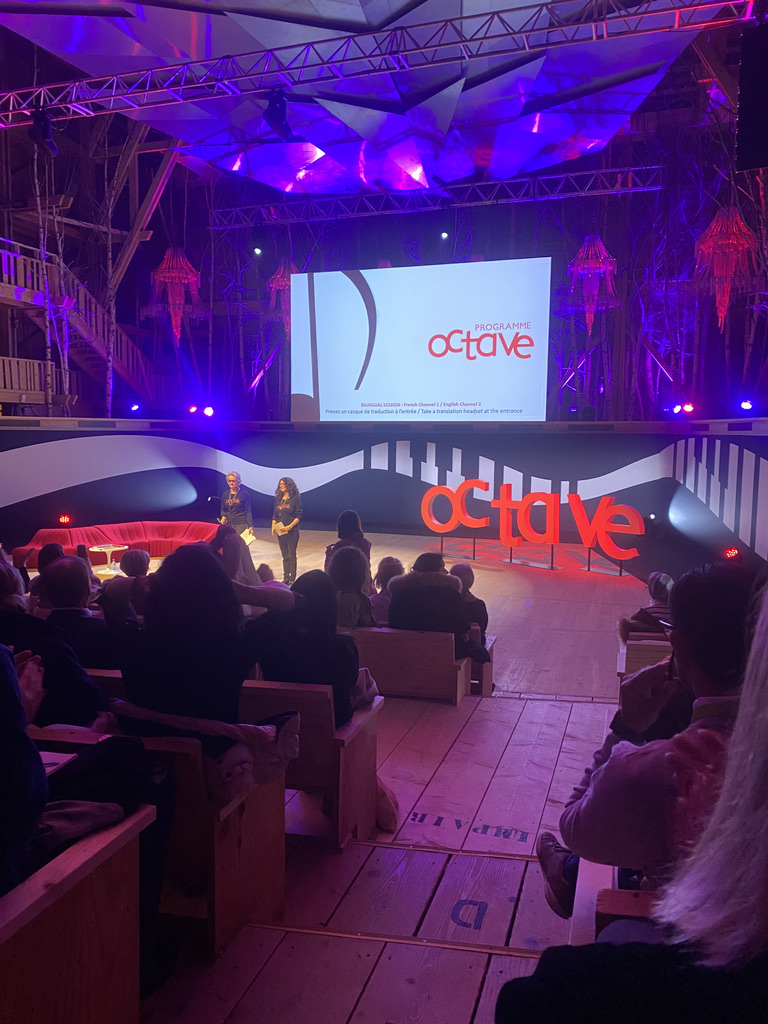Connect with us on LinkedIn for updates and the latest industry news
Ever had that experience where you decide to buy a new car, and suddenly notice the same car everywhere? Or waited in the rain for the no.57 bus, and three round the corner at the same time?
That’s been our experience in the last couple of weeks with Mentoring – suddenly conversations with a number of our clients include the ‘M’ word.
Defined by the CIPD as ‘a long term passing on of support, guidance and advice’, mentoring is distinctly different from coaching and requires a unique skill set and relationship. So what is the Leading Edge view of Mentoring?
We believe great mentoring in the workplace sees a credible and experienced colleague using their knowledge and experience to guide and support the development of another colleague.
It’s a rewarding role for both parties when it works well, but the personal investment shouldn’t be underestimated – mentors need to ‘be in it’ for the long term and be able to walk the fine line between sharing useful history and becoming entrenched in ‘when I did that in 2002’ story telling.
David Clutterbuck (Everyone Needs a Mentor: fostering talent in your organisation) writes ‘A mentor is a more experienced individual willing to share knowledge with someone less experienced in a relationship of mutual trust’.
If you’re looking to introduce Mentoring as support for individual development, you may find it useful to consider:
- What’s my reason for introducing Mentoring for this individual?
- How is the Mentor role different to the Coach role?
- What are the skills, behaviours and beliefs that the Mentor will bring?
Mentoring as an individual development activity can add real value to more generic development programmes or work as a standalone support to achieve firm objectives or goals.
What experiences have you had in Mentoring? (or in waiting for buses?)



